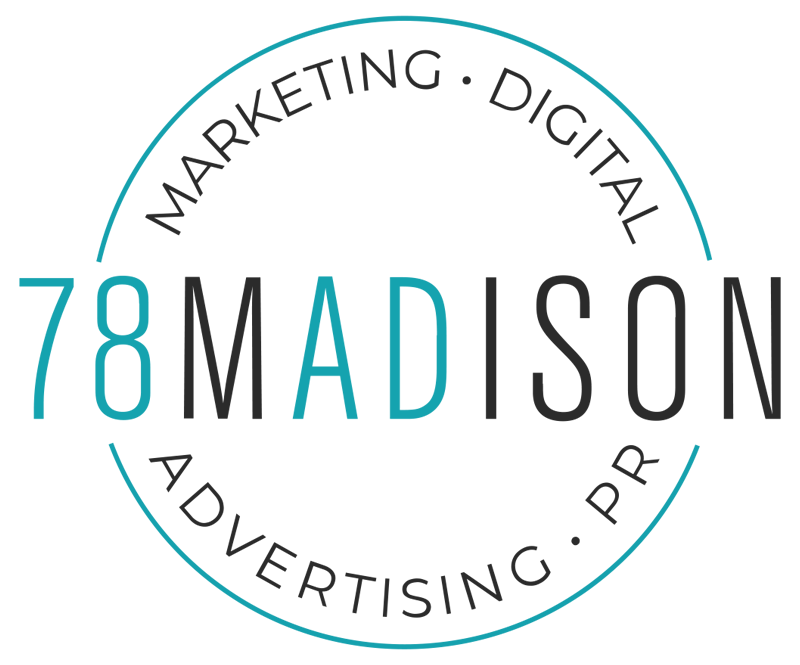A content management system (CMS) is an application that is used to manage web content, allowing multiple contributors to create, edit and publish. Certainly an important component of your Marketing Technology Stack.
Content in a CMS is typically stored in a database and displayed in a presentation layer based on a set of templates. The basic features of a CMS include:
- Content creation (allows users to easily create and format content)
- Content storage (stores content in one place, in a consistent fashion)
- Workflow management (assigns privileges and responsibilities based on roles such as
authors, editors, and admins) - Publishing (organizes and pushes content live)
But more important is understanding the actual benefits of a Content Management System given how many organizations don’t use it.
One major advantage of a CMS is its collaborative nature. Multiple users can log on and contribute, schedule, or edit content to be published. Because the interface is usually browser-based, a CMS can be accessed from anywhere by any number of users. Think of the power this can have for your company.
The second major advantage of a CMS is that it allows non-technical people who don’t know programming languages to easily create and manage their own web content. The “What You See Is What You Get – WYSIWYG” editors of a typical content management platform allow users to enter text and upload images without needing to know any HTML or CSS.
When a company uses a CMS to publish its pages, it reduces its reliance on front-end engineers to make changes to the website, making it quicker and easier to publish new content. We cannot overemphasize how important that is. If content creation is the holy grail, then you need to be able to create it in real time. What are the most well know CMS platforms?
- Drupal
- Joomla
- Magento
- ModX
- Squarespace
- Wix
- Weebly
- WordPress
So What Do You Need to Look for In a CMS?
Before choosing a content management system, it is beneficial to evaluate your company’s information management practices and overall business goals with respect to the publishing of content.
You will need to begin by making a list of the business problems you are trying to solve as well as any specific requirements you may have. This will help you choose the right content management system – the one that supports your business requirements – rather than the most popular or well-liked. And believe me, we have often run into hot water by choosing the most popular or well liked.
CMS’s come in all shapes and sizes, each with its own set of features and benefits. Some are ideally suited for blogging; others may be tailored to ecommerce sites with features for pricing and accounting functionality. Specifics will vary based on your company’s needs and resources.
Some questions that should always ask?
What is your budget?
If you have infinite resources to spend, there are some extraordinarily complex content management systems with features designed to make content creators’ and editors’ lives easier. With a limited budget, however, your choices will be more limited. What business operations does the CMS need to support?
After price, the next major consideration is which business operations the CMS will need to support. Does your company need to publish hundreds of new videos a day? Change prices on thousands of SKUs per day? Host images for blog posts? What technologies does the CMS need to support or integrate with?
If your company already uses a CRM, Enterprise Resource Planning (ERP) or web analytics program, you’ll need to consider a CMS that integrates with existing online marketing software.
How easy is it to create and edit content?
The larger the company, the more removed the end user of the CMS will be from the person who implements it. Ideally, the system will be easy to use and intuitive, with features like a WYSIWYG editor.
How many different groups of users will there be?
One consideration will be the various different levels of administration privileges that are required. Consider the various user roles, including the role of managers in reviewing scheduled content.
Is the platform SEO-friendly?
If SEO is important to your company, you will want a CMS that automatically handles basic on-page optimization tasks such as title tags, URLs, alt tags on images, and a sound internal linking structure.
How large is the developer community?
Some of the CMS platforms, particularly WordPress and Drupal, come with very large developer communities. The advantage to a sizable community is the amount of online help and documentation you will find on most aspects of customization.
Answering the questions above can help you select the right content management system for your business or organization. Note sure? 78Madison can help. Just reach out to us at jbouch@78madison.com. The next Marketing Technology Stack component we will touch upon falls under the advertising technology area – more specifically Search Engine Marketing (SEM). Be on the lookout for a new Blog on this subject.
78Madison is a full-service, Orlando, Florida-based marketing, digital, advertising, public relations and social media agency, which specializes in serving businesses all over the country.. Let’s start a conversation. jbouch@78madison.com or (407) 788-7070.


